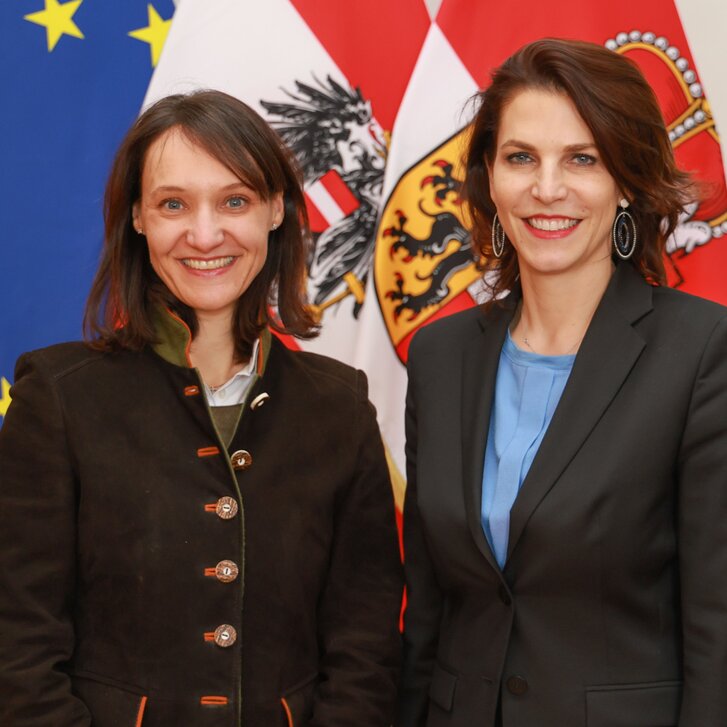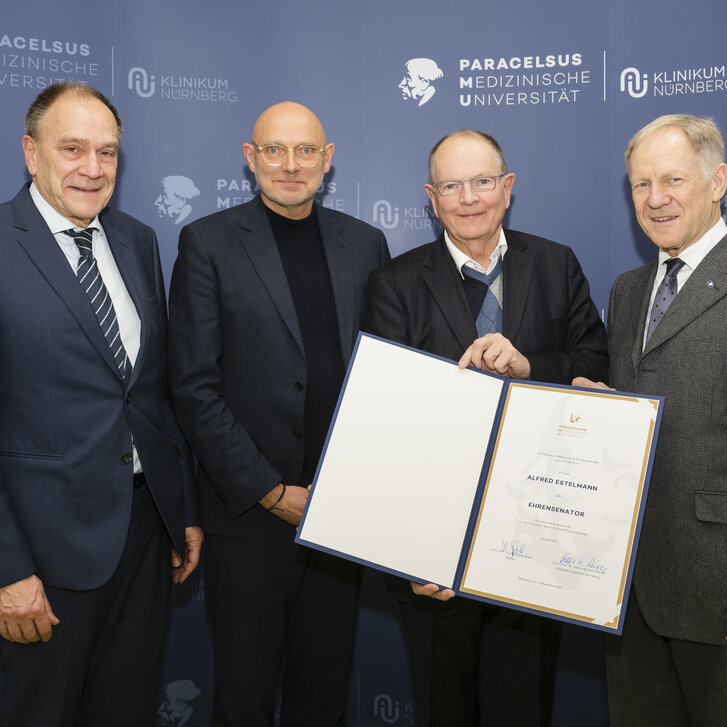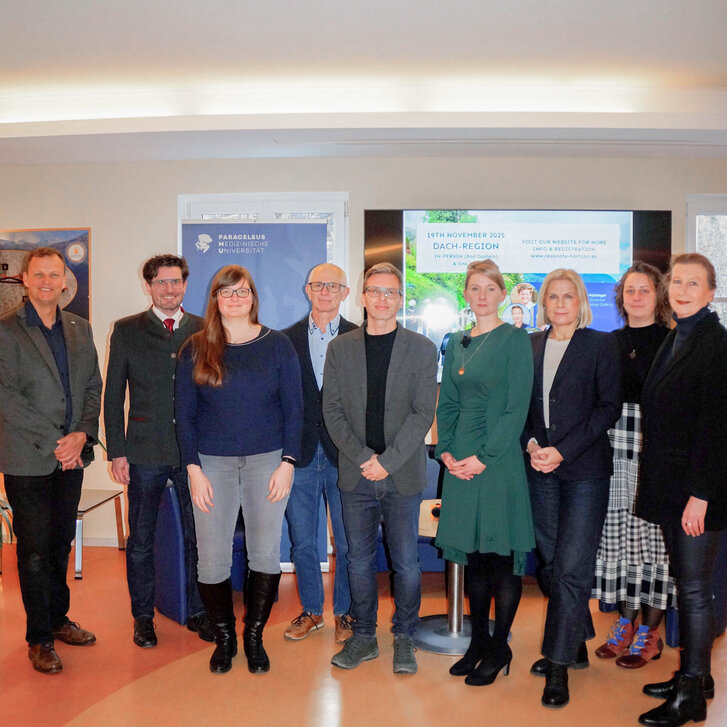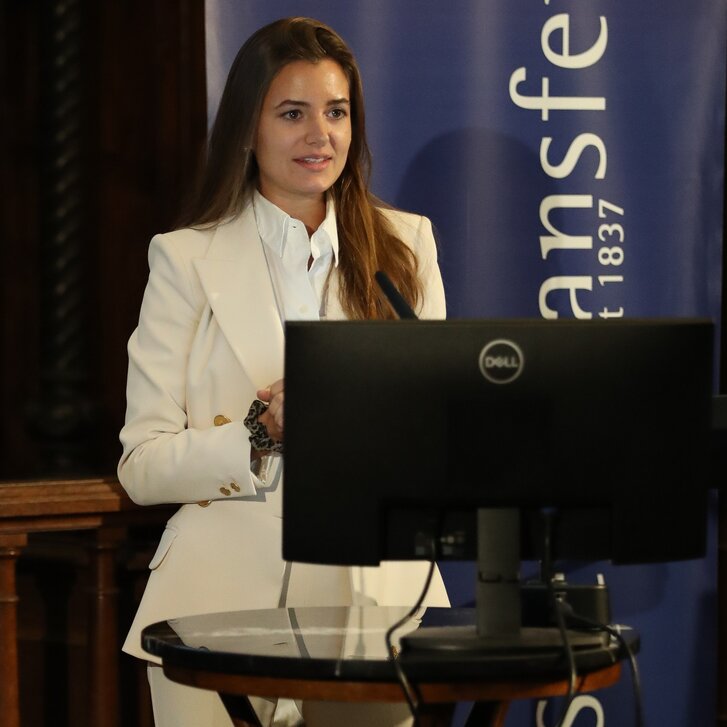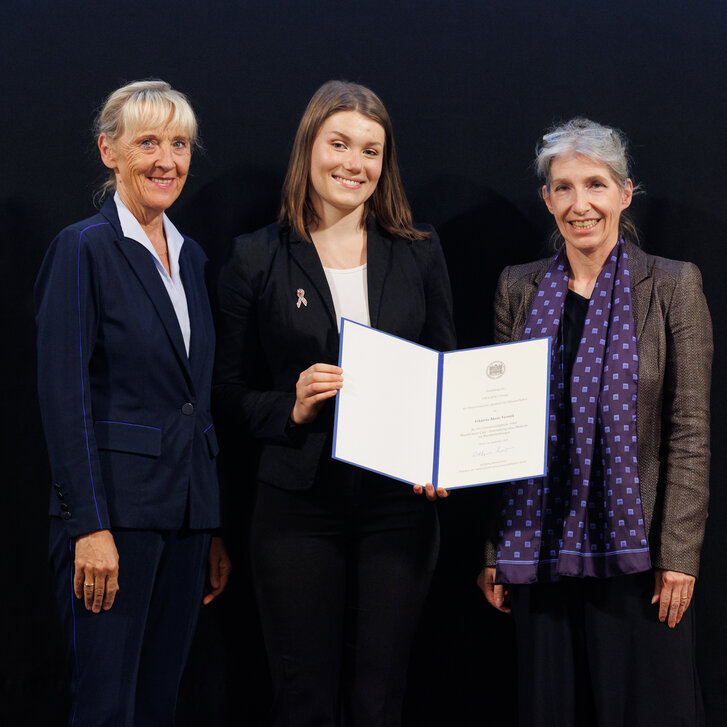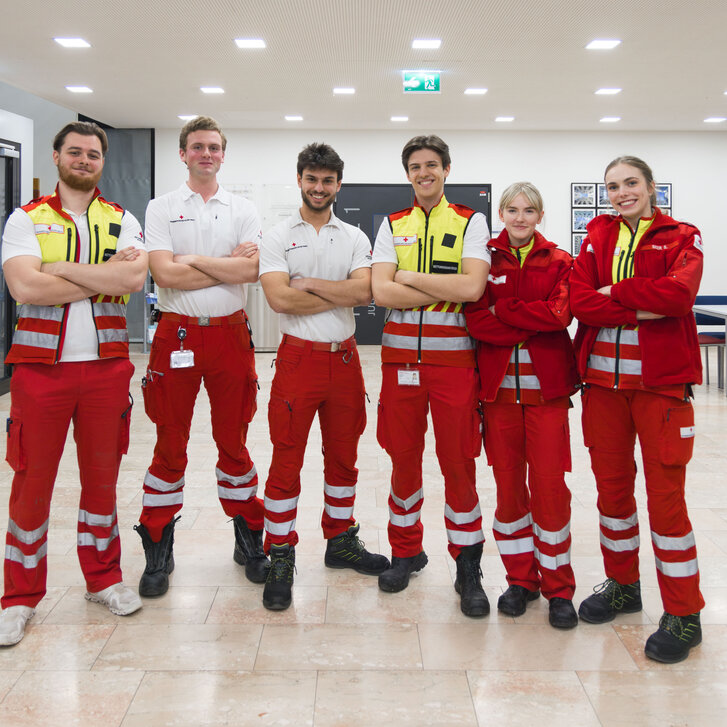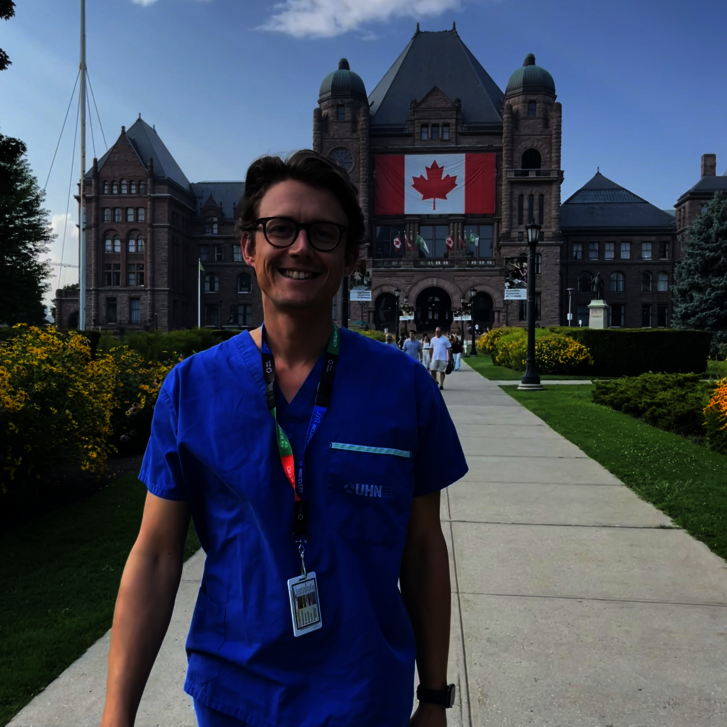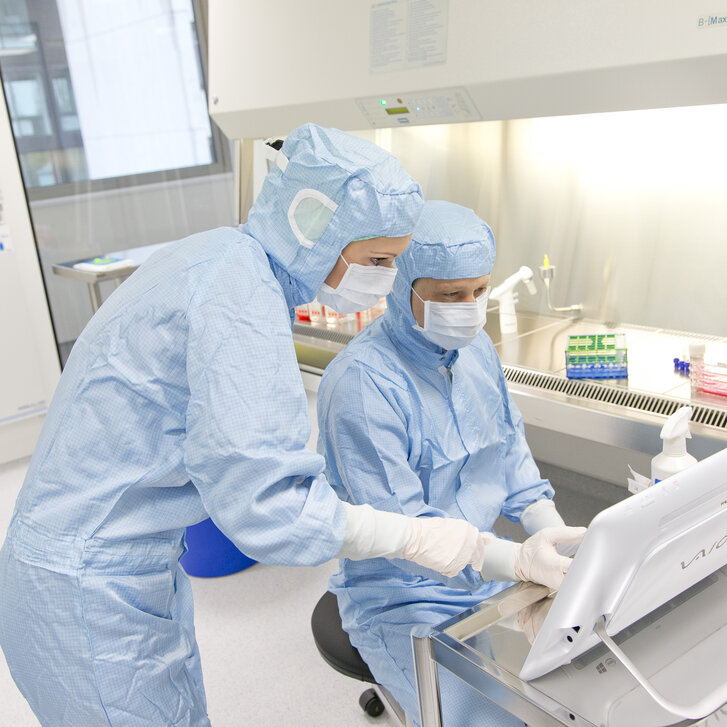
Drug shortages: International research project with preliminary results

Almost everyone has experienced it themselves or heard about it from acquaintances: you go to a pharmacy and find out that the needed medication is not available. This undermines a fundamental pillar of healthcare and erodes trust in the state's duty of care. Health is a central asset. How could this disaster happen, how severely are patients, pharmacists, and doctors affected, and what do the manufacturers themselves say about this issue? These are compelling reasons for an exciting international research project by the Paracelsus Medical Private University (PMU) on a central problem of our time.
Two years later, the first preliminary, unpublished results are now available. These were presented by the study leaders PD DDr. Olaf Rose and Dr. Stephanie Clemens at the ApoKongress in Schladming. Immediately afterward, the findings echoed through the national media.
In Austria, over 200 pharmacies participated in the survey. It was determined that about one in three patient contacts is affected by a supply shortage. To solve the problem, sometimes only a medication with the same active ingredient needs to be found. However, it may also require a time-consuming consultation with doctors. Accordingly, telephone availability was seen as a central problem; on average, it takes 12 minutes to find a solution. This means that from procurement to research, someone in the pharmacy is almost always dealing with resolving supply shortages. As a result, 84% of Austrian pharmacies produce medications themselves to supply their patients despite shortages. Medical practices are also affected, as they are often asked to solve problems. About 9% of patients turn to them, and it also takes 12 minutes to resolve a case. Overall, pharmacies and practices feel significantly impaired in their actual work.
147 surveyed patients in Austria mainly experienced a switch to a different medication or a brief interruption in their therapy. However, significant delays and therapy discontinuations were also reported. Overall, the difficult supply situation is seen as a political failure.
Surprisingly, manufacturers stated that logistical problems are usually solvable. The global inflation combined with frozen generic drug prices is currently a significant issue. They warn of a strong narrowing on the supply side. A significant relocation of production back to Europe seems highly unlikely. The resource-saving and environmentally friendly production mandated by the EU Green Deal is welcomed but cannot be implemented at zero cost. The Austrian task force, however, is explicitly praised.
The results have been submitted for publication and must still undergo the peer-review process before they can be published.
Translated by Le Chat / Mistral AI




